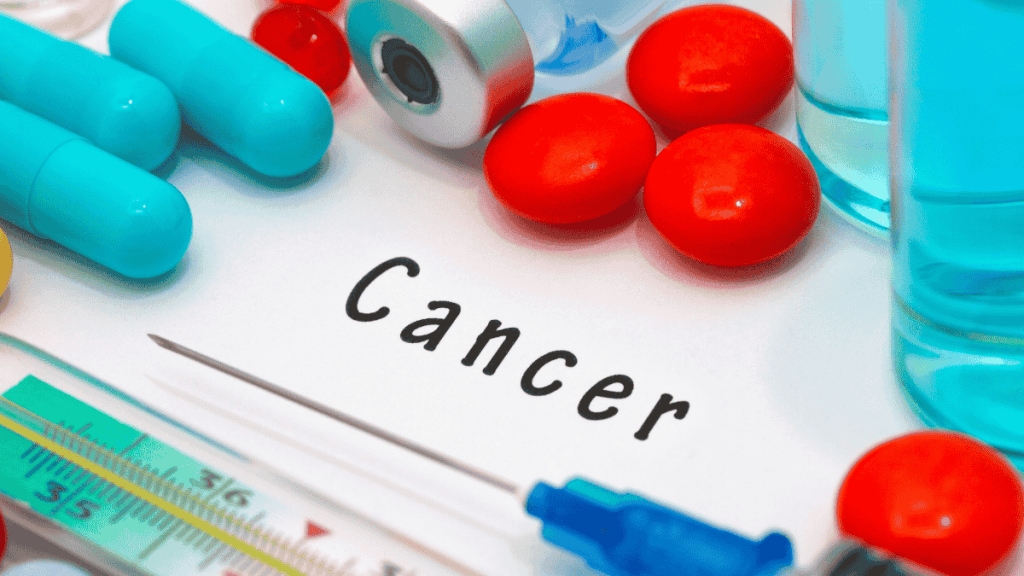In a big move for cancer treatment, US biopharma company AbbVie has signed a $700 million licensing deal with IGI Therapeutics SA, a biotech company a wholly owned subsidiary of Ichnos Glenmark Innovation (IGI).
The agreement gives AbbVie exclusive rights to develop and sell ISB 2001, a cutting-edge experimental drug designed to treat relapsed or resistant multiple myeloma, a type of blood cancer.
IGI to earn up to $1.925 billion and AbbVie to commercialize ISB 2001 globally
Under the agreement, AbbVie will gain exclusive rights to develop, manufacture, and commercialize ISB 2001 across North America, Europe, Japan, and Greater China.
In return, IGI will receive an upfront payment of $700 million and could earn up to $1.225 billion in milestone payments, depending on how the drug progresses through trials and launches. Additionally, IGI is eligible for tiered, double-digit royalties on net sales.
What is ISB 2001: A new kind of cancer treatment
ISB 2001 is a first-in-class trispecific T-cell engager, which means it’s designed to target multiple proteins at once. It targets two proteins—BCMA and CD38—found on myeloma cells, and CD3 on T cells. It helps the body’s immune system better recognize and destroy cancer.
“Multispecifics, including trispecific antibodies, represent a new frontier in immuno-oncology with the potential to deliver deeper, more durable responses by engaging multiple targets simultaneously,” said Roopal Thakkar, MD, Executive Vice-President of Research and Development and Chief Scientific Officer at AbbVie.
He added that the collaboration shows AbbVie’s strong commitment to finding new therapies for multiple myeloma, a disease that still poses a serious challenge despite medical progress.
ISB 2001 has shown positive results in early trials
ISB 2001 is currently in Phase 1 trials, but has shown promising results in early clinical trials. At the 2025 American Society of Clinical Oncology (ASCO) Annual Meeting, data from 35 heavily pre-treated patients showed an overall response rate of 79 per cent and a 30 per cent complete or stringent complete response rate at higher doses. The treatment was also reported to have a favourable safety profile.
The US Food and Drug Administration (FDA) has already granted ISB 2001 Orphan Drug Designation in July 2023 and Fast Track Designation in May 2025.
IGI’s BEAT® platform a key enabler
The drug is built using IGI’s proprietary BEAT® platform, which enables the creation of advanced multispecific antibodies. This platform overcomes production challenges commonly associated with bispecific antibodies by using a unique heavy and light chain pairing system. It also allows for better manufacturability, stability, and safety.
“ISB 2001 exemplifies the potential of our BEAT® protein platform to generate effective multispecifics™ that may overcome resistance and improve outcomes in hard-to-treat cancers,” said Cyril Konto, MD, President and CEO of IGI.
AbbVie’s growing oncology pipeline
AbbVie, which has a strong focus on immunology, oncology, neuroscience, and eye care, continues to expand its oncology pipeline. AbbVie cautioned that some statements made in the announcement are forward-looking and subject to risks and uncertainties. These include challenges in drug development, changes in regulations, and global economic conditions, among other factors.

